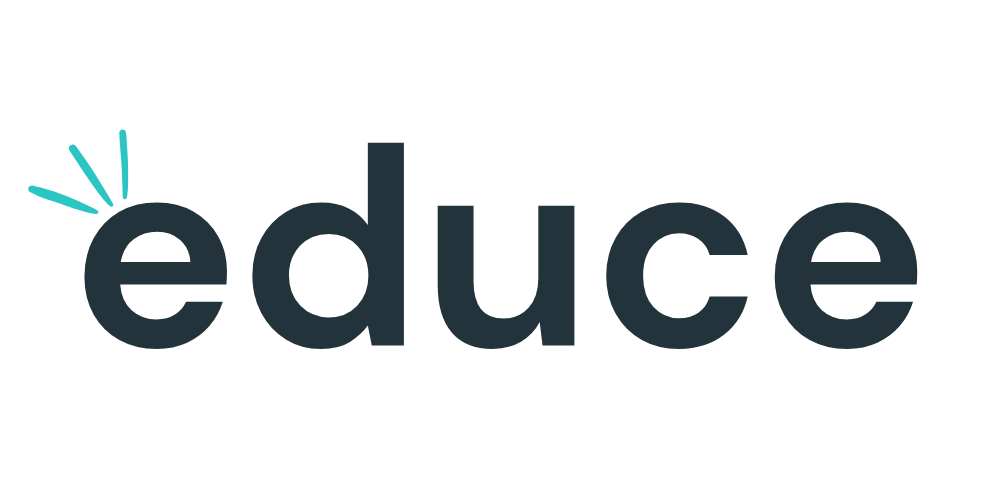Educe Opening Statement
Innovation has long driven business and economic growth—particularly through General Purpose Technologies (GPTs) like steam power, electricity, and computing. These technologies transform entire industries due to their wide applicability, continuous improvement, and cross-sector impact.
However, the benefits of GPTs rarely appear overnight. There is typically a lag between technological breakthroughs and productivity gains, as firms must invest in complementary capabilities—skills, systems, and processes. Technology only delivers value when it is effectively adopted and embedded.
Many SMEs have also lagged on earlier digital technologies. The ONS Management & Expectations Survey (March 2025) reports that 69 % of UK businesses now use cloud-based systems, but uptake is markedly lower among micro and small firms, and only about one in eight of those cloud users layer AI on top. This persistent “long tail” of low-tech companies underpins the productivity gap highlighted by the Resolution Foundation and The Productivity Institute.
AI, and especially generative AI, represents the next major GPT. Unlike previous waves, today’s AI tools are relatively low-cost, modular, and easy to deploy. SMEs can now automate or enhance functions such as customer service, finance, or HR with off-the-shelf systems. One UK study found SMEs using AI achieved productivity gains exceeding 20% in back-office operations.
The issue today for SMEs is not access, but implementation. Larger firms often have in-house capacity to test and scale new tools. SMEs typically do not. Without support, many will struggle to align technology with their operating models—limiting returns on adoption.
For individual firms, performance improvement depends on identifying and embedding the right technologies in core workflows. The gains from AI will come not from isolated tools but from integrated, iterative deployment. The most successful firms will be those that implement AI with purpose and precision.
As the technology matures, both the potential benefits and the cost of delay will increase. For SMEs, building the capacity to adopt AI is no longer optional—it is essential.
This is where educe adds value. Many SMEs know AI matters, but lack the capacity to act. educe provides structured, tailored support to help businesses identify high-value use cases and implement AI in ways that fit their goals and operations. As the technology evolves, educe ensures firms don’t just keep pace—but turn innovation into measurable, lasting impact.
